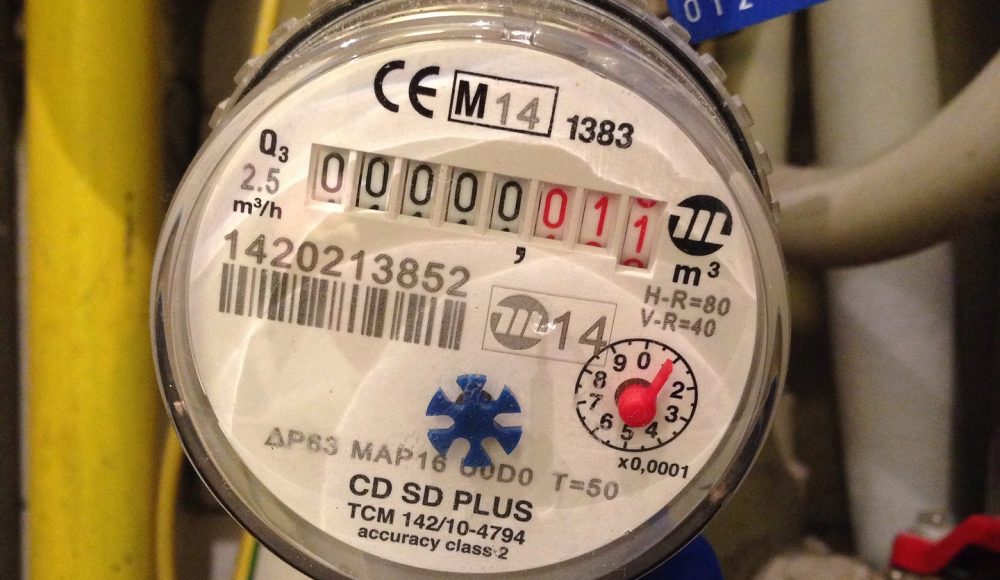Smart Meters Roll out Gathers Pace in Europe
11th April 2017

Installing smart meters in European homes has been a priority for the EU as part of its plans to bring efficiency to the domestic energy sector. The benefits of smart meters include curbing overall energy consumption, using energy more efficiently, increasing the amount of renewable energy used and reducing the infrastructure required to supply electricity. Consumers also become more aware of exactly how much gas and electricity they are using and can adjust usage as the price of energy rises and falls.
The EU has a roll out target of 80% market penetration for electricity smart meters by 2020. Smart grids are essential for this to happen. Electrical smart grids combine renewable energy sources, IT solutions such as adding sensors and automation of processes to keep infrastructure costs down and allow the distribution system operators (DSOs) to actively manage demand and supply. This decreases greenhouse emissions, increases energy efficiency and most importantly allows renewable energy sources to become connected to networks.
Smart grids combine information on weather forecasts and energy demand to allow better planning and balance to networks.
Coupled to smart metering systems, smart grids provide information on real time consumption to the consumer and suppliers. Smart grids also allow for consumers who produce their own energy to respond to prices and sell what excess they produce back to the grid.
The EU aims to roll out 200 million smart meters for electricity and 45 million for gas by 2020, which represents an investment of €45 billion by 2020. It is expected that 72% of European houses will have a smart meter for electricity and 40% will have one for gas. The smart meters are projected to save €160 for gas and €309 for electricity per metering point.
In practice however significant variations exist among member states in the deployment of smart metering.
“The business case for rolling out smart metering is not yet overwhelming throughout Europe,” the Commission said, in its report, “Benchmarking smart metering deployment in the EU-27”. “Sixteen Member States will proceed with large-scale roll-out of smart meters by 2020 or earlier, or have already done so. In seven Member States, the cost-benefit analysis for large-scale roll-out by 2020 were negative or inconclusive. In Germany, Latvia and Slovakia smart metering was found to be economically justified for particular groups of customers.”
The energy producers themselves have been the ones pushing for full scale deployment across the member states, and with the European Parliament supporting them the roll out will continue even if there are some headwinds.
Cornfield & Partners can help you to find new business opportunities and open up new sales channels in energy efficient investing in Europe and globally. For information that comes from experience, contact info@cornfieldpartners.com or call us on +44 (0) 20 7692 0873.
